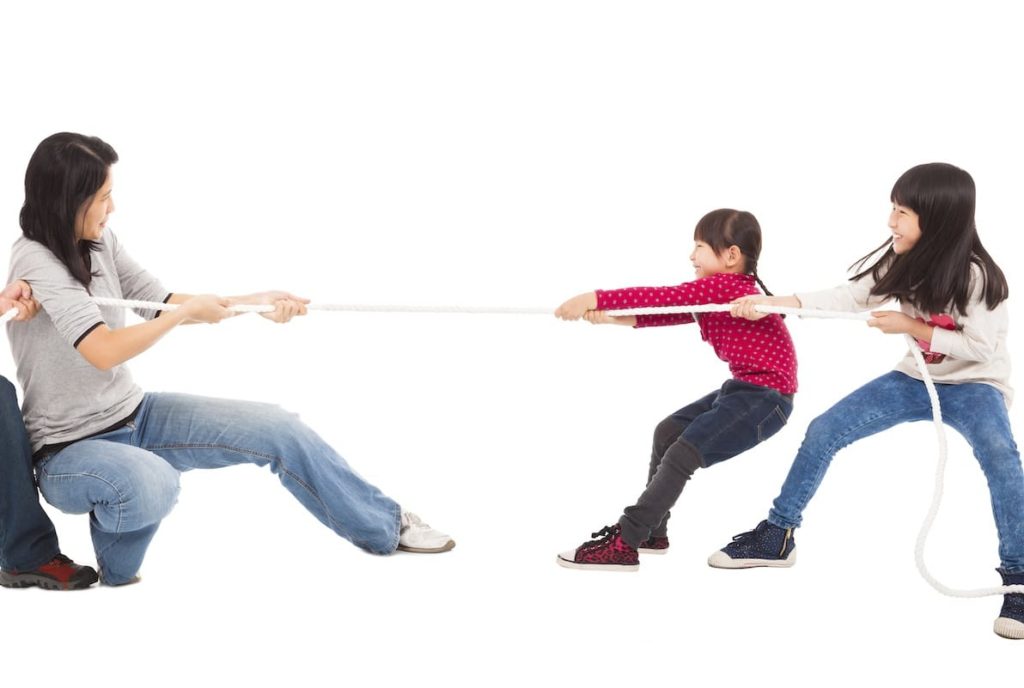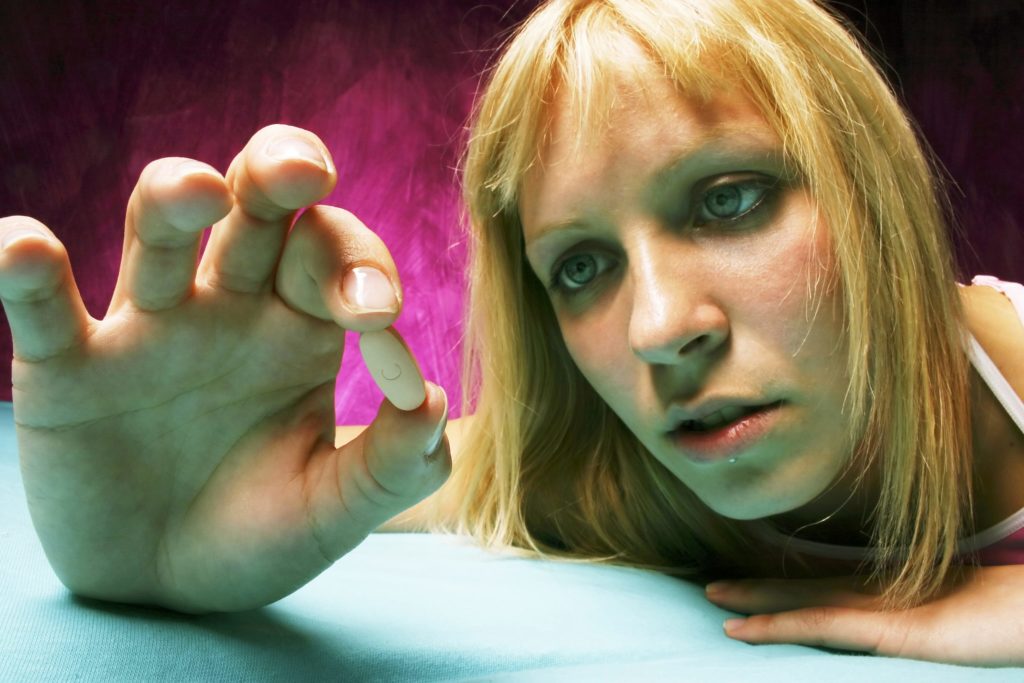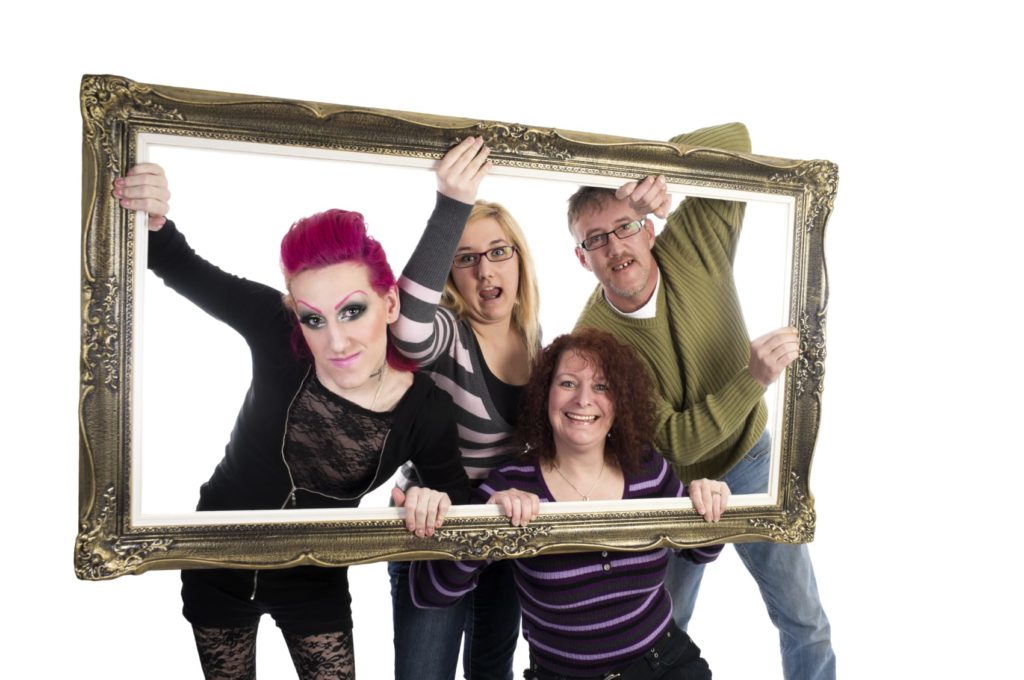Recent findings from an American research team indicate that teens abusing prescription painkillers offer from depression. Small but significant numbers of American preteens and teenagers misuse a prescription opioid medication for recreational purposes or other reasons. Significant numbers of teens and preteens also have diagnosable symptoms of the depressive disorder commonly known as major depression.
In a study published in April 2015 in the journal Drug and Alcohol Dependence, a group of federal and private U.S. researchers explored the potential overlap between opioid misuse and major depression in children between the ages of 12 and 17. These researchers concluded that the two issues are substantially linked in the teen and preteen population.
Teens and Opioid Misuse
Medication misuse is a term broadly applied to any inappropriate consumption of a prescription medication. Some researchers, specialists and public health officials also use the term medication abuse to describe the same phenomenon; however, such usage is potentially confusing, since abuse is also an official term that describes severe problems with non-addicted substance intake. Some medication misusers are motivated by a desire to feel the recreational effects associated with mind-altering substances. Others have physical or mental health problems that motivate their improper medication consumption. In either case, some misusers have a prescription for the medication(s) they take, while others obtain medications from legitimate prescription holders or from other people who lack legal access to a prescription.
A federal agency called the Substance Abuse and Mental Health Services Administration tracks preteen, teen and adult involvement in opioid misuse through the National Survey on Drug Use and Health (NSDUH), a nationwide project that samples a statistically representative group of Americans every year. The latest available NSDUH figures indicate that 2.3 percent of all U.S. 16- and 17-year-olds improperly consume an opioid medication in the typical month. The rate of monthly misuse among 14- and 15-year-olds stands at 1.8 percent, while the rate among 12- and 13-year-olds stands at 0.9 percent. Rates for prescription opioid misuse have fallen recently among 16- and 17-year-olds, as well as among 12- and 13-year-olds.
Teens and Depression
Mental health professionals and researchers once believed that teenagers and younger children could not develop diagnosable cases of major depression or other depressive illnesses. However, teen depression and preteen depression are now acknowledged realities. In part due to personality changes associated with the normal process of growth and development, doctors sometimes have a difficult time pinpointing depression symptoms in teens, preteens and younger kids. Potential manifestations of depressive illness largely unique to these age groups include conduct problems in the classroom, psychosomatic health complaints that result in repeated trips to the nurse’s office, an increased rate of school absences and a decline in academic outcomes.
What’s the Link?
In the study published in Drug and Alcohol Dependence, researchers from RTI International, the Substance Abuse and Mental Health Services Administration and the National Institute of Mental Health used information gathered from five years of the National Survey on Drug Use and Health to examine the possible connection between prescription opioid misuse and major depression in preteens and teenagers between the ages of 12 and 17. They relied on the same collection of data to estimate the rate of diagnosable opioid abuse/addiction (opioid use disorder) among opioid misusers in this age range.
The researchers found that 6 percent of the NSDUH enrollees misused an opioid medication at least once in the year prior to their participation in the survey. They also found that 8 percent of the enrollees reported diagnosable symptoms of major depression in the year prior to their survey participation. Fully one-fifth (20 percent) of the teens and preteens who misused a prescription opioid were affected by major depression. Among those teenagers and preteens who misused opioids, the opioid use disorder rate was 15 percent.
Based on these findings, the researchers concluded that teen/preteen opioid misuse and teen/preteen opioid use disorder both have a “strong” degree of overlap with teen/preteen major depression risks. The study’s authors note that, in most cases, major depression appears before prescription opioid misuse in a teen or preteen affected by both problems. For this and other reasons, they believe that any program intended to reduce misuse rates in teens and preteens must also address depression-related issues.
Get Treatment for Teens Abusing Prescription Painkillers at Right Step
Teens abusing prescription painkillers need help. They need treatment for their addiction and they need treatment for their mental health issues. At Right Step, our goal is to help them. We offer a variety of services, including:
- Dual diagnosis treatment
- Depression treatment
- Prescription pain reliever addiction
- Fentanyl addiction
To learn more about teens abusing prescription painkillers, call 17135283709 today.






